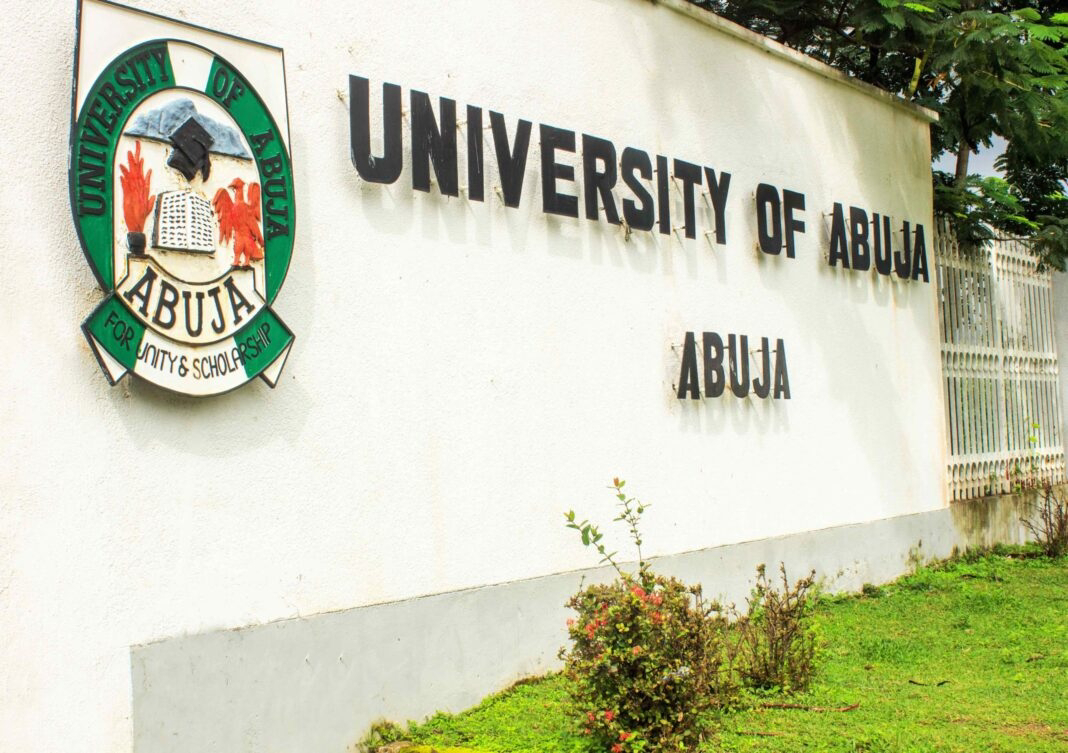Uniabuja Land Can never be too much," says Acting VC, Outlines Development Plans
Published Date:
Jul 22, 2025
Last Updated:
Professor Lar Patricia Manko, Acting Vice Chancellor of Yakubu Gowon University (formerly University of Abuja), has reaffirmed that the 11,000 hectares of land allocated to the institution by the Federal Government is a legitimate legacy asset. Addressing recent concerns, she emphasized the university’s extensive plans for the property, dismissing claims of excessive land acquisition.
In a statement responding to comments made by Federal Capital Territory (FCT) Minister Nyesom Wike during the inauguration of access roads to Giri district on June 30, Prof. Manko clarified that the land was legally allocated to the university. Wike had alleged that the institution “grabbed 11,000 hectares” and vowed to protect the area by constructing roads. Manko, however, stressed that the matter is being addressed and reiterated the university’s commitment to utilizing the land for transformative projects.
The Acting Vice Chancellor outlined the university’s vision for the land, which includes agricultural initiatives, tourism development, research centers, staff quarters, and student hostels. She noted that due to limited funding, the university has entered into Memoranda of Understanding (MoUs) with investors to support these projects. Additionally, she revealed plans to replace temporary staff quarters, originally built on land provided by the military, with permanent structures at the university’s permanent site.
Reflecting on her tenure since assuming office on February 6, 2025, Prof. Manko highlighted significant strides in restoring governance, revitalizing academic systems, and improving student welfare. She described inheriting a “toxic environment” with unmotivated staff and no formal handover from her predecessor. “It took me over a month to engage with over 17 faculties to understand the challenges,” she said, underscoring her efforts to foster a healthier institutional culture.
Prof. Manko emphasized the importance of the allocated land, stating, “University land can never be too much. There is a need for better facilities to support our growth.” The university remains committed to leveraging partnerships and resources to maximize the potential of the 11,000 hectares for academic and developmental purposes

 Sinach
Sinach




